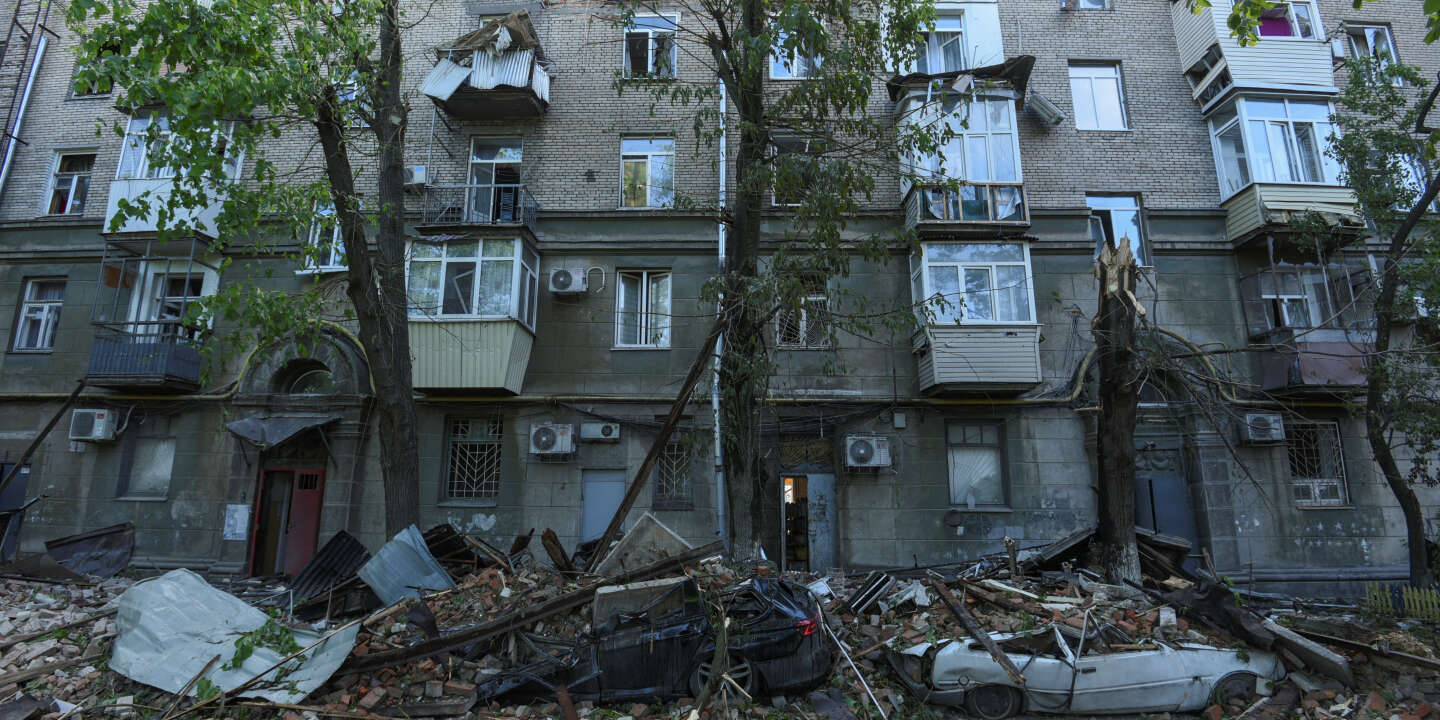Last month, New Delhi saw seven consecutive days above 40 Celsius (104 Fahrenheit), three degrees above the average April temperature, according to CNN meteorologists. In some states, the heat has closed schools, damaged crops and strained power supplies, as officials warned residents to stay indoors and keep the water moist.
The heat wave was also felt in India’s neighbor Pakistan, with the cities of Jacobabad and Sibi in the southeastern province of Sindh recording highs of 47 degrees Celsius (116.6 Fahrenheit) on Friday, according to data shared with CNN by the Pakistan Meteorological Department (PMD). . According to PMD, this was the highest temperature recorded of any city in the northern hemisphere on that day.
“This is the first time in decades that Pakistan has experienced what many call a ‘spring-less year’,” Pakistani Climate Change Minister Sherry Rehman said in a statement.
Temperatures in India are expected to improve slightly this week with extremes It is expected to fall across northwest India by 3 to 4 degrees Celsius (5.4 to 7.2 degrees Fahrenheit), according to IMD. Temperatures in Pakistan are also expected to be closer to average – around 40C (104F) – later this week.
But experts say the climate crisis will cause more frequent and longer heat waves, affecting more than a billion people across the two countries.
India is among the countries expected to be most affected by the effects of the climate crisis, according to the Intergovernmental Panel on Climate Change (IPCC).
“This heat wave is certainly unprecedented,” said Dr Chandni Singh, lead author of the Intergovernmental Panel on Climate Change and senior researcher at the Indian Institute of Human Settlements. “We’ve seen change in intensity, time of arrival, and duration. This is what climate experts have predicted and it will have ripple effects on health.”
Crop loss
India often experiences heat waves during the summer months of May and June, but temperatures start to rise this year in March and April.
In the northern state of Punjab, known as the “breadbasket of India,” this is causing heat stress, not only for millions of agricultural workers, but for the wheat fields they depend on to feed their families and to sell it across the country.
An average increase of up to 7 degrees Celsius (12.6 degrees Fahrenheit) in April has reduced wheat yields, said Jurvinder Singh, director of agriculture in Punjab.
“Due to the heat wave, we lost more than 5 quintals (500 kilograms) per hectare of our April crop,” Singh told CNN Monday.
Chandni Singh, of the Intergovernmental Panel on Climate Change not related to Jurvinder Singh, said agricultural workers were more likely to suffer from the oppressive heat.
“People who work outdoors—farmers, construction workers, manual labor—will suffer more. They have fewer options for cooling and can’t get away from the heat,” she said.
School closures and power outages
In some parts of India, demand for electricity has led to coal shortages, leaving millions without electricity for up to nine hours a day.
Last week, coal stocks at three out of the five power plants that Delhi relies on for its energy supply reached extremely low levels, dropping below 25%, according to the Delhi Energy Department.
India has canceled more than 650 passenger trains until the end of May to clear tracks for more freight trains as the country races to replenish coal stocks at power stations, a senior official from India’s Ministry of Railways told CNN.
Indian Railways is a major supplier of coal to power stations across the country.
Some Indian states, including West Bengal and Odisha, have announced school closures to deal with rising temperatures.
“Children who have had to go to school, a lot of them are getting nosebleeds, they can’t stand this heat wave,” West Bengal Chief Minister Mamata Banerjee told reporters last week.
In recent years, both the federal and state governments have implemented a number of measures to mitigate the effects of heat waves, including closing schools and issuing health guidelines to the public.
But according to Chandni Singh, more needs to be done to prepare for heat waves in the future.
“We don’t have an action plan to reduce tension and there are loopholes in the planning,” Singh said. “You can only adapt to so much. This heat wave is testing the limits of human survival.”
Correction: This story has been updated to correct the conversion from Celsius to Fahrenheit.

“Infuriatingly humble alcohol fanatic. Unapologetic beer practitioner. Analyst.”









More Stories
House GOP aid bills for Israel, Ukraine and Taiwan advance — with help from Democrats
Hossein Amir Abdollahian: Iran’s response will be “immediate and at the maximum level.” The Foreign Minister warns Israel
The Kenyan president said that army chief Francis Ogola died in a helicopter crash